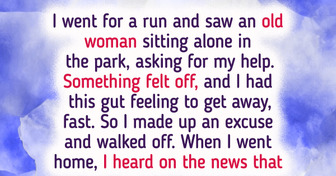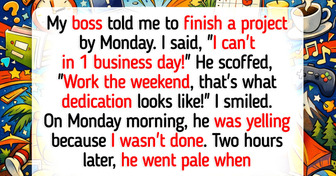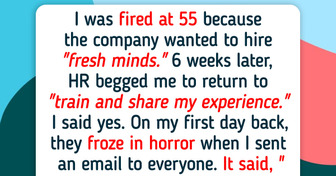11 Nail Trends That Has Become a Thing of the Past

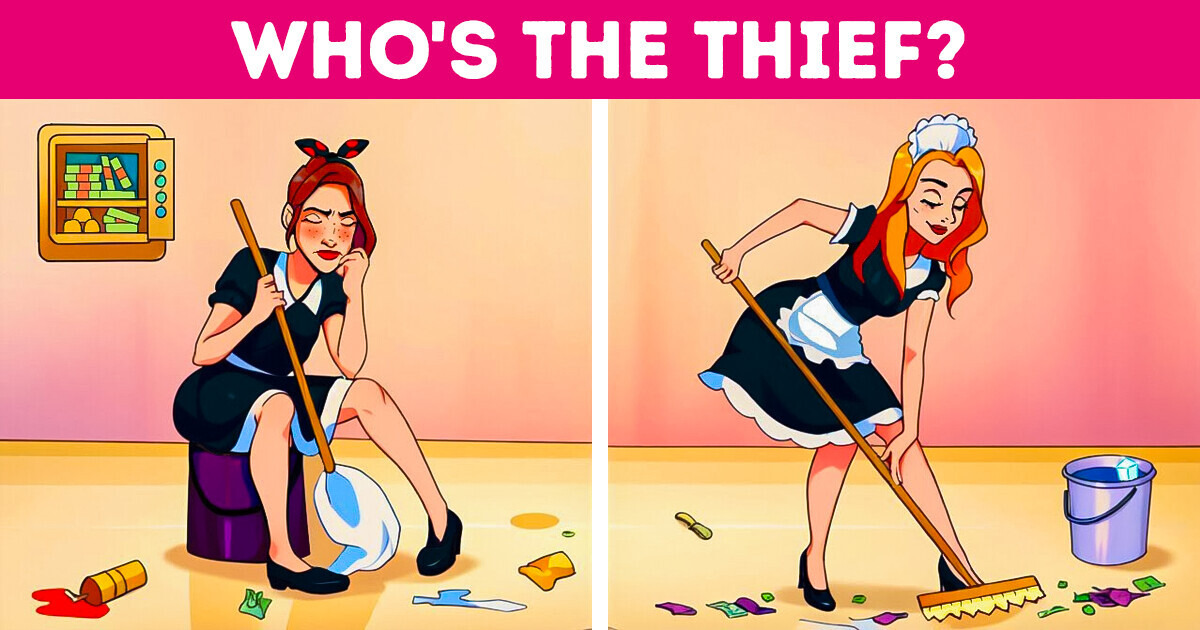
Ready to give your brain a little workout? We’ve gathered 10 mind-bending brain teasers that the sharpest minds can crack in just 10 seconds.
Think you’re up for the challenge? Don’t worry—no gym membership required, just a sense of humor and some quick thinking. Grab a stopwatch (or just pretend you have one), and let’s see if you’ve got what it takes to outwit these clever puzzles!

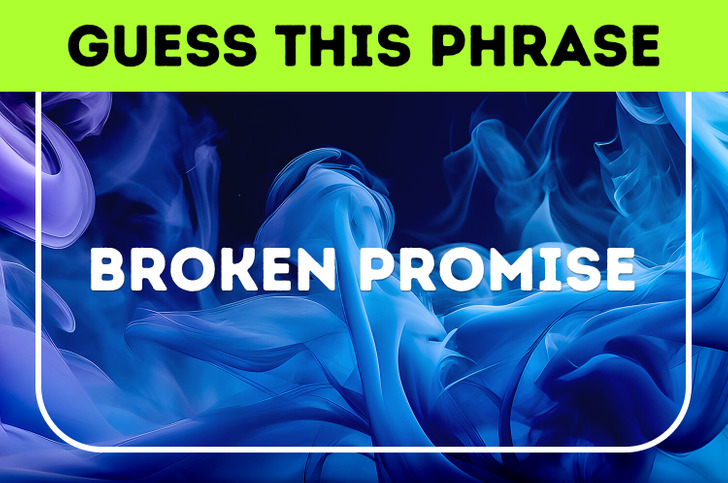
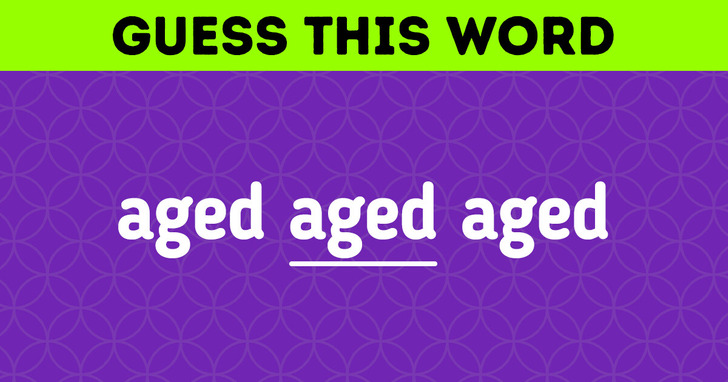
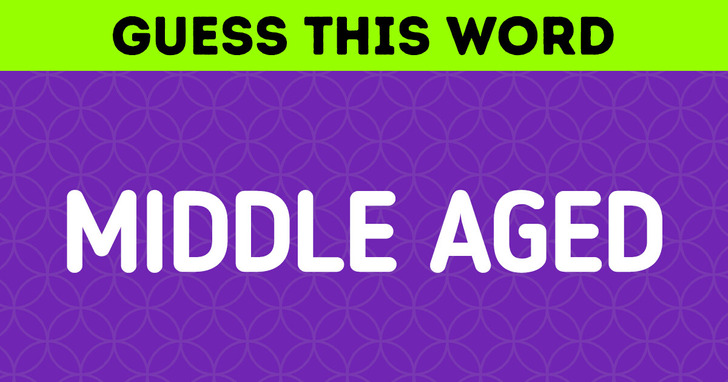


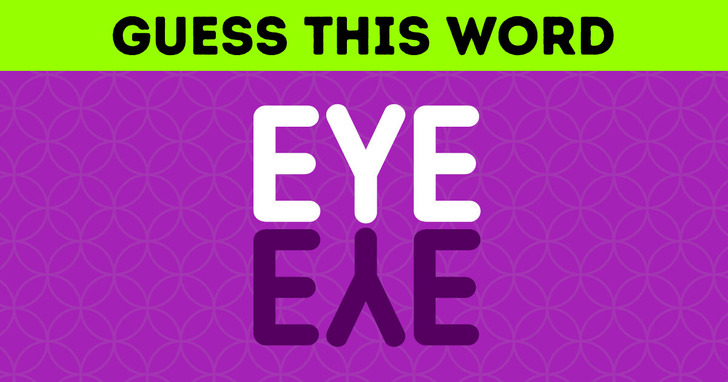
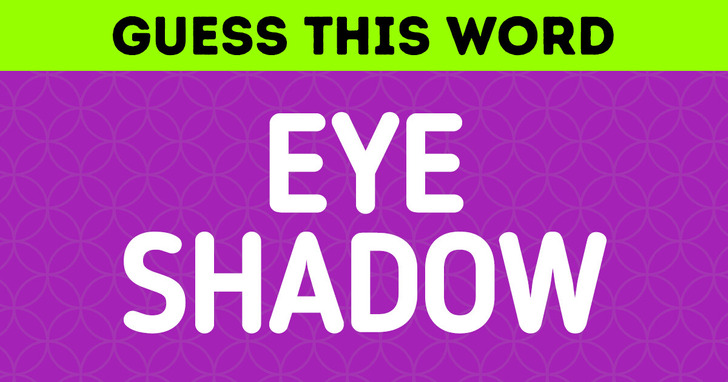
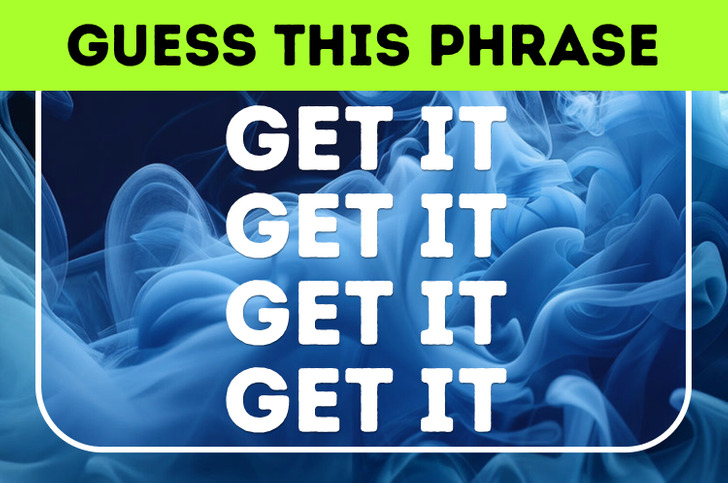
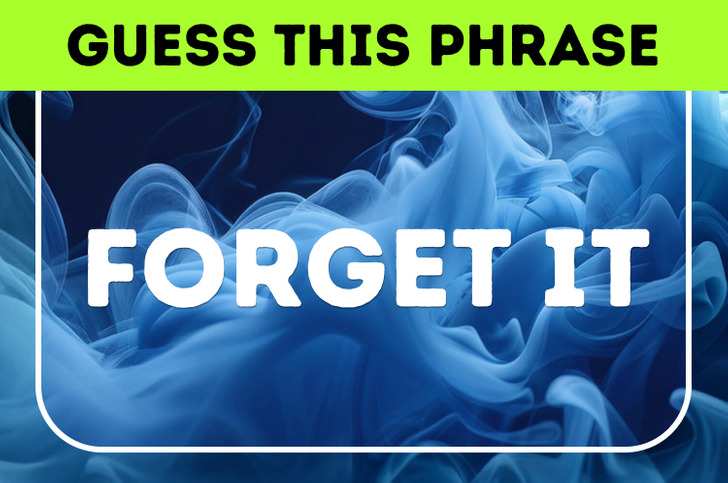
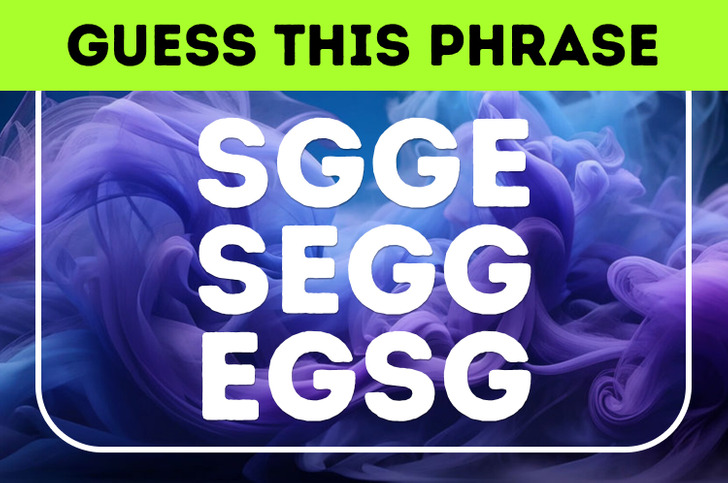
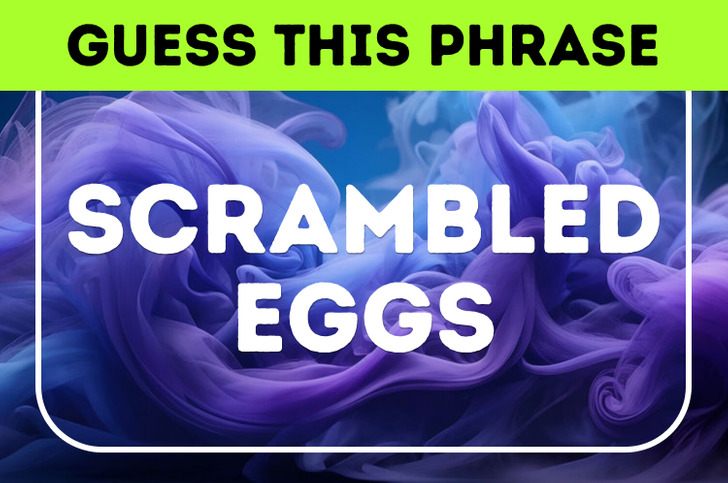
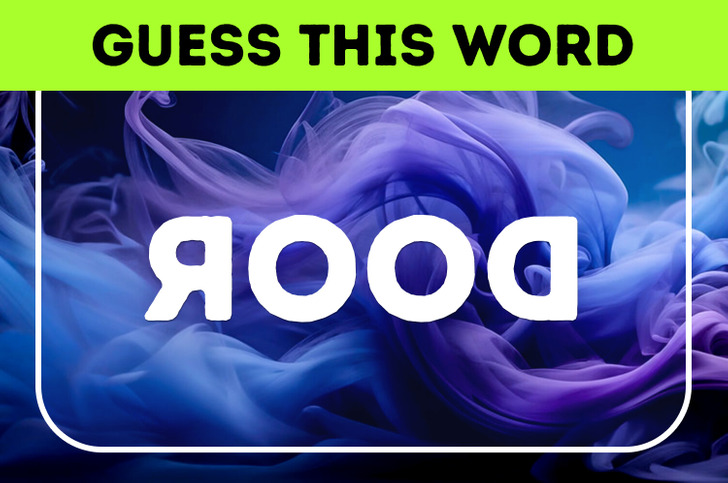
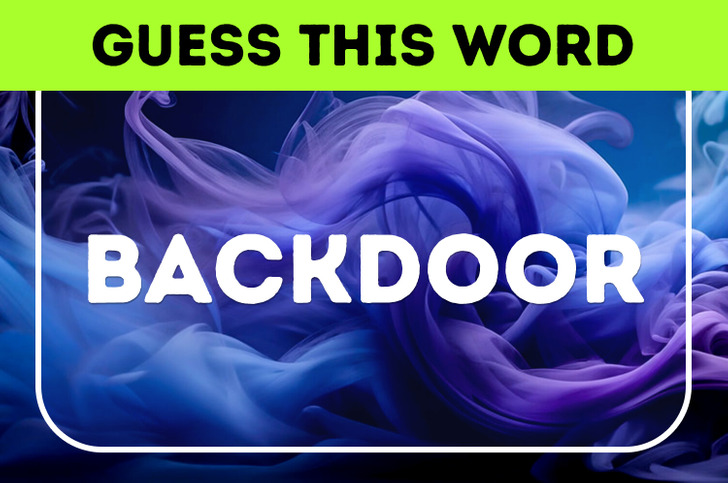
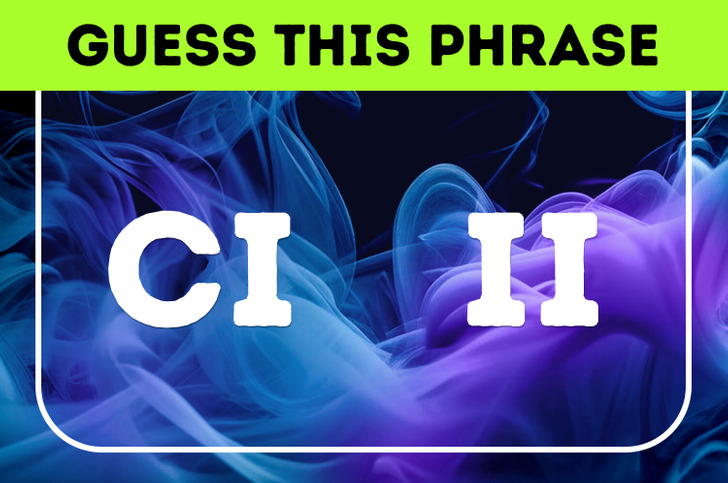
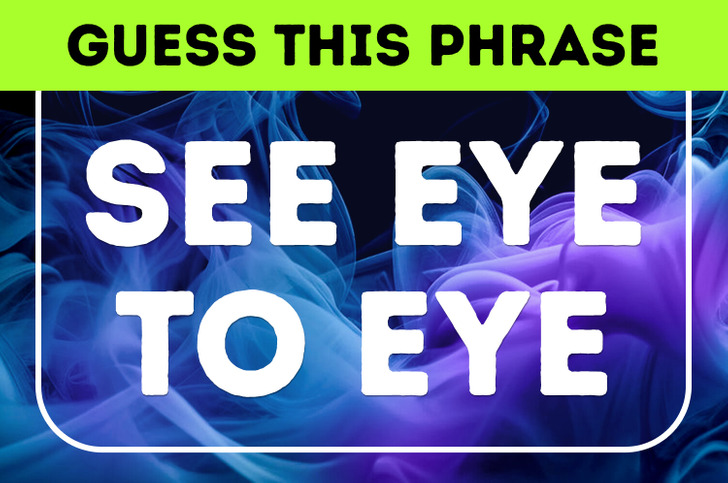
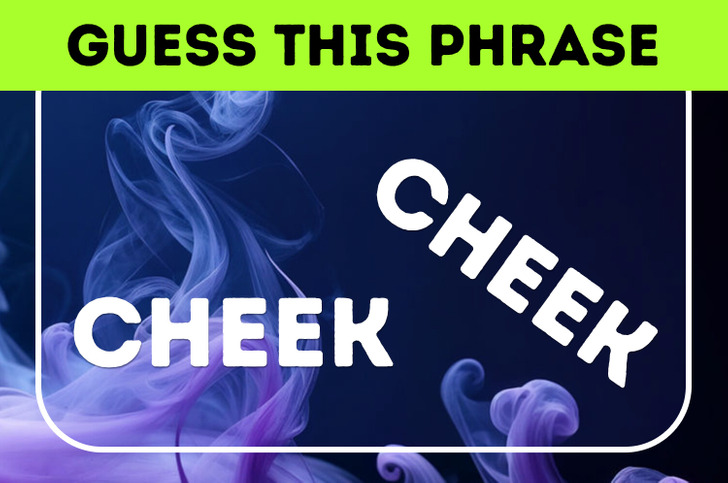
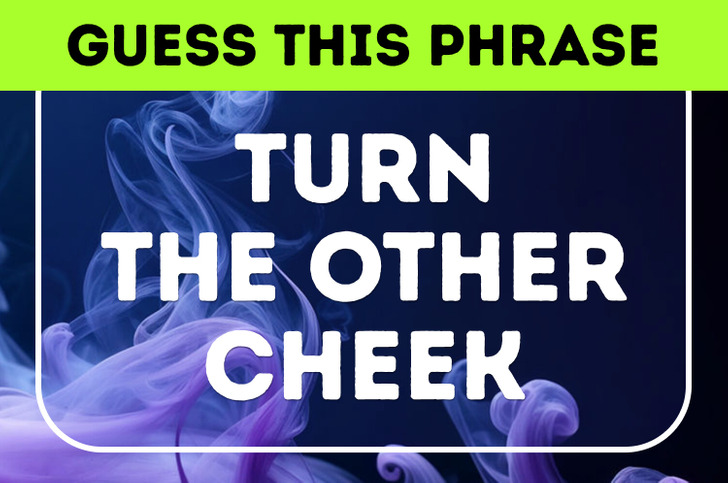
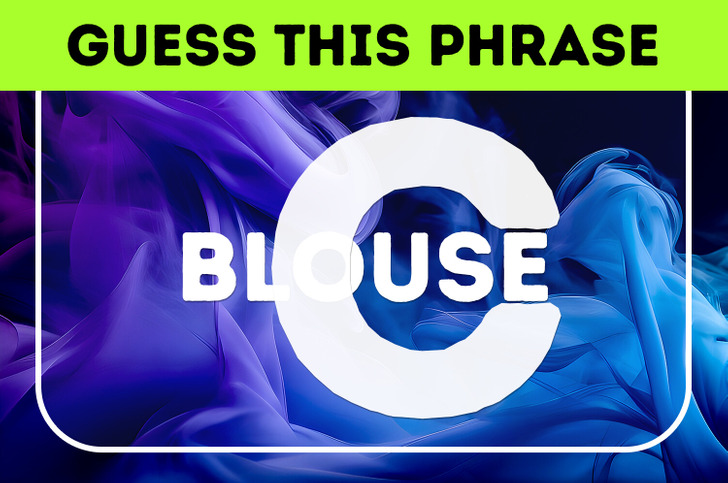
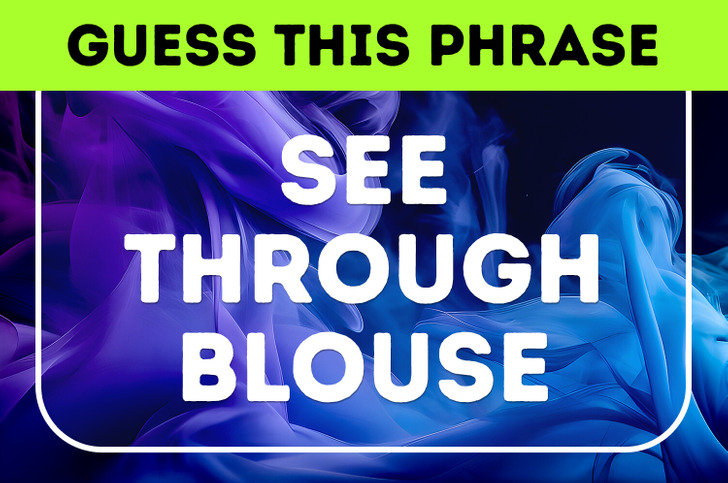
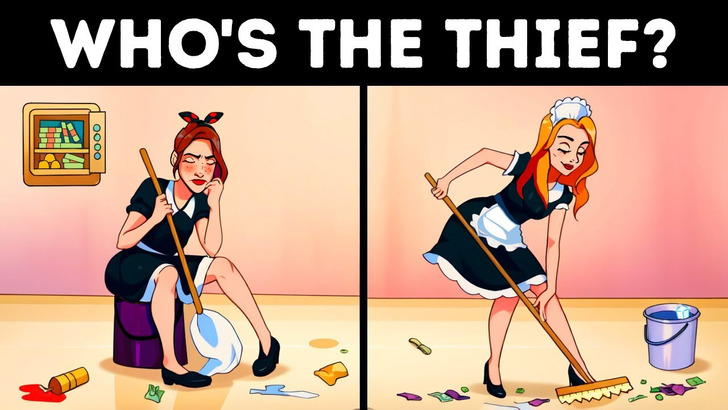
ANSWER: The housekeeper on the right is a thief, as a diamond can be spotted in a bucket of water.

ANSWER: The third nurse is an imposter. She has the exact same badge as the first girl, but she doesn’t look anything like her.
Absolutely! They’re like yoga for your brain but without the awkward downward dog poses. Engaging in brain teasers can significantly enhance mental agility. Regularly solving puzzles has been shown to improve cognitive functions, including memory and processing speed. For instance, a study published in PLOS ONE found that participants who engaged in brain training games experienced improvements in executive functions, working memory, and processing speed.
Additionally, research highlighted by Scientific Origin indicates that brain teasers can enhance problem-solving skills and overall cognitive performance. Quick thinkers and sharp minds often gravitate toward such challenges as a way to keep their mental acuity sharp.
These mental exercises also promote neuroplasticity, the brain’s ability to form new neural connections, which can delay age-related cognitive decline. Therefore, incorporating activities like riddles, logic puzzles, or crosswords into your routine can be a valuable strategy for maintaining and enhancing brain health. Quick thinkers benefit greatly from these exercises, as they stimulate sharp minds and foster creative problem-solving.
There’s no official “brain teaser clock,” but most people aim for 10–30 seconds. Any longer and it’s less “quick thinking” and more “existential crisis.” If it’s been five minutes, and you’re still stuck, don’t worry—it’s the journey, not the answer, that matters. (Unless you’re in a competition, then Google faster.)
Step 1: Don’t panic.
Step 2: Think outside the box (like, way outside). Most riddles rely on wordplay, so slow down and reread the question.
Pro tip: If it’s a pun, it’s probably the answer. And if all else fails, just yell “A shadow!” and hope for the best.
Think of brain teasers as a mini spa day for your brain. They reduce stress, improve focus, and give your mental muscles a fun little workout. Plus, there’s that satisfying aha! moment when you finally solve one—it’s like winning a tiny trophy in your mind. Puzzles challenge sharp minds, and engaging with them consistently builds better quick thinkers.
Working through math problems can sharpen your ability to process information more effectively. Give your brain a thorough workout and challenge yourself with these 15 intriguing math riddles!

